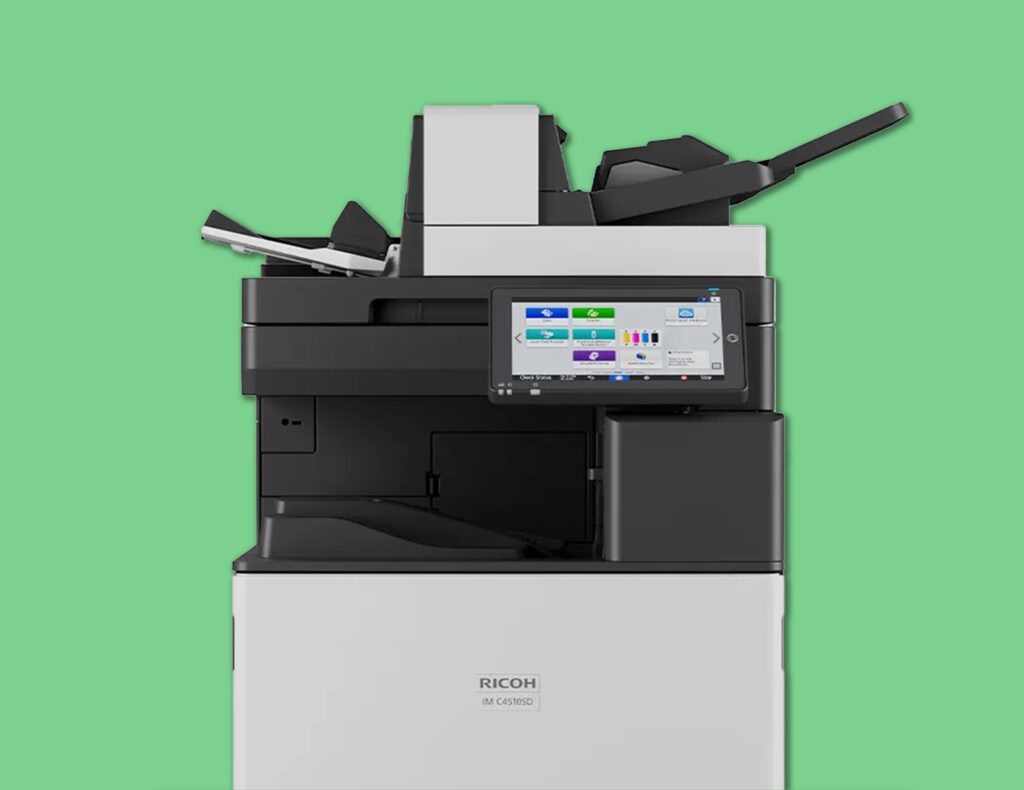
Healthcare organizations that operate multiple practices or facilities face added complexity when it comes to managing medical records. This guide explains how those challenges are typically handled and what to consider.
How Third-Party Custodians Streamline Compliance, Access, and EMR Integration
As healthcare organizations grow—through mergers, acquisitions, or multi-location expansion—so does the complexity of managing medical records. Coordinating record access, ensuring regulatory compliance, and maintaining patient privacy across different practices or facilities is a serious undertaking.
Fortunately, third-party medical records custodians offer an efficient solution. They help streamline record-keeping across entities, unify fragmented systems, and ensure ongoing compliance with HIPAA, state laws, and payer requirements.
Why Managing Records Across Locations Is Challenging
Even for a single practice, medical records management is demanding. But when your organization spans multiple clinics, specialties, or facilities, you may face:
- Fragmented EMR systems
- Inconsistent record retention policies
- Varying state-level privacy laws
- Limited oversight or tracking of access
- Risks during physician departures or transitions
Without a centralized system or designated custodian, records can fall through the cracks, leading to security breaches, delayed responses to patient requests, or failed audits.
What Is a Medical Records Custodian?
A medical records custodian is a person or organization responsible for storing, protecting, and providing access to patient records in accordance with HIPAA and other regulations.
When managing records across multiple facilities, many organizations partner with a third-party custodian to provide centralized, compliant oversight. These custodians:
- Store records securely (digitally and/or physically)
- Respond to patient and legal requests
- Track access logs and maintain audit trails
- Ensure timely destruction based on retention schedules
- Offer seamless continuity during staffing changes or physician departures
How Third-Party Custodians Streamline Multi-Facility Management
1. Centralized Access Across Systems
Whether you’re running multiple EMRs or managing hybrid records (paper + digital), a third-party custodian can index and standardize access to all records under a single workflow.
This helps ensure:
- Fast access to patient history regardless of location
- Consistent policies across entities
- Easier reporting and tracking
2. Built-In Compliance and Risk Mitigation
Custodians are well-versed in HIPAA, HITECH, and state-level privacy laws. They ensure:
- Proper authorization is obtained before releasing records
- Secure encryption and storage practices are followed
- Retention and destruction timelines are met
This greatly reduces your legal and compliance burden across locations.
3. Support During Transitions and Closures
When a physician retires, relocates, or leaves a group, it’s critical that their patient records remain accessible. Custodians ensure no disruption in care or access. They can also serve as the official records contact for patients long after a closure.
If your organization is anticipating a change, refer to our Transition Checklist for record continuity during practice changes.
4. Audit-Ready Tracking and Reporting
From payer audits to legal disputes, having a centralized record of access logs, retention timelines, and chain-of-custody documentation is essential. Third-party custodians provide all of this and more, helping you stay audit-ready at all times.
Ideal Use Cases for Third-Party Record Custodians
- Multi-location primary care groups
- Specialty clinics with shared administrative services
- Health systems with acquired independent practices
- Behavioral health providers operating across counties
- Urgent care centers with high provider turnover
- Facilities managing both active and legacy records
As your healthcare organization grows, so does your responsibility to manage records with precision, privacy, and compliance. Partnering with a third-party medical records custodian ensures:
✅ Consistent record policies
✅ Reliable patient access
✅ Legal and HIPAA compliance
✅ Reduced administrative burden
✅ Seamless transitions across providers and locations
If you’re looking to streamline your records strategy across multiple practices, explore how our Medical Records Custodian Solutions can help you centralize, secure, and simplify. Learn more →



